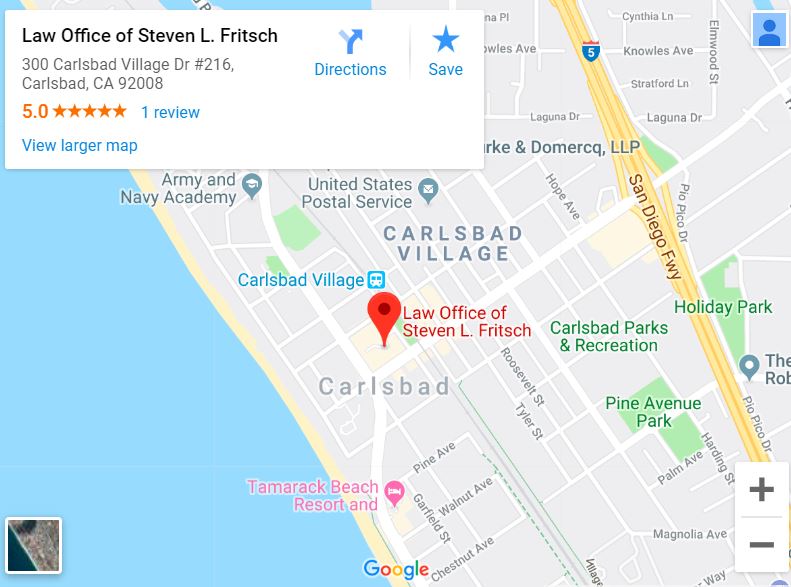A generation or two ago, fathers got a bad deal in divorce. Custody almost always went to the mother and they had little recourse if they wanted more time with their children. Some found themselves paying large amounts in child support while being denied a relationship with the children they were supporting.
Because of this history, fathers can be too quick to concede custody and accept less time than they want with their children. They let their ex-wives make important decisions and think a judge will side with their ex if there’s a dispute.
Legally, however, fathers in California today have the same rights as mothers. Neither parent is entitled to preference in custody or child support simply because of their sex, and judges take a dim view of mothers or fathers who try to damage a child’s relationship with the other parent.
Custody
In child custody cases, California law recognizes that children benefit from regular contact with their fathers as well as their mothers. Judges aren’t allowed to favor mothers simply because they’re female. Nor can they favor fathers. Instead, courts make a decision that’s in the best interests of the child.
There are actually two types of custody: physical custody and legal custody. Physical custody refers to the way the child’s time is divided between the two parents. Legal custody is the parents’ right to make important decisions in the child’s life, such as decisions about religious upbringing, education and medical care.
Fathers have a right to participate in parenting their children, and they can seek either sole or joint physical and legal custody. If a father and mother can agree to joint custody, a court will usually accept that agreement and order joint custody.
Even without custody, a father is entitled to spend time with his children and have access to the child’s school and medical records. Fathers also have a right to object if the mother wants to move out of state or leave the country with a child.
Child Support
Both parents have an obligation to contribute financially to their child’s support. California has child support guidelines that take into account each parent’s earnings, tax deductions and time spent with the child.
Application of this formula can result in either the father or the mother receiving child support: there is no bias against awarding support to fathers.
When the Other Parent Interferes
One of the factors judges consider in awarding custody is which parent will be more likely to cooperate in a shared custody arrangement. When one parent actively tries to alienate a child from the other parent, a judge may reduce the parenting time of the parent who misbehaved.
A father who believes his ex is trying to keep his child away from him or turn the child against him should keep a journal documenting what happened and discuss the situation with a lawyer.
If you have questions about your rights as a father in a child support or custody case give our office a call today. We are here to help!
